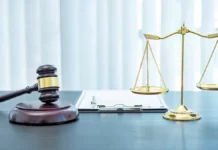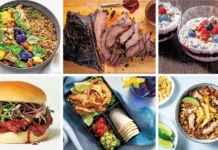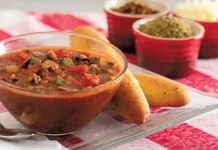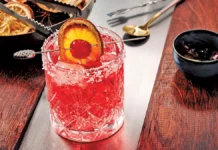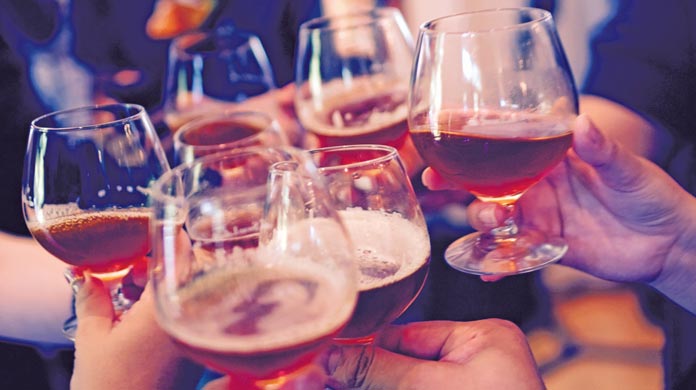
Article contributed by Dhruv Kishore Bole
Drunk driving is responsible for nearly one-third of all traffic fatalities worldwide. In the vast majority of drunk driving accidents, the driver is found intoxicated with a blood alcohol content (BAC) above the legal limit.
To protect the general public, many countries, including the United States and Canada, have enacted dram shop laws that prohibit alcohol-serving establishments like bars, restaurants, taverns and retail stores from serving or selling alcohol to intoxicated customers or minors who may later cause death, injury or property damage to others. Under the law, victims and their families have the right to sue negligent alcohol-serving establishments and their employees for compensation for injuries, medical expenses, damages or wrongful death caused by an intoxicated person.
Before we get into the meat of the issue, let’s go over some basic information on dram shop legislation. Any establishment that serves or sells alcohol, such as bars, taverns, restaurants or retail outlets, is referred to as a “dram shop.”Dram shop cases are divided into two types: first-party dram shop cases and third-party dram shop cases. A first-party dram shop case is one in which an intoxicated customer injures himself and sues the bar for over-serving alcohol. When adults file first-party dram shop cases, they are almost never accepted and if they are, they are extremely difficult to win because the judiciary believes that individuals must drink responsibly and accept personal responsibility for their own actions.
If, on the other hand, the case involves minors and it is proven that the minor was served alcohol, both the alcohol-serving establishment and the bartender are held liable. A third-party dram shop case is a case where an intoxicated customer injures or kills another person. In dram shop lawsuits, third-party cases are the most common. Dram shop regulations are enacted at the state level in some countries. Some states do not have them because it is thought that alcohol consumption, rather than serving or selling, is responsible for intoxication-related injuries, death or damages.
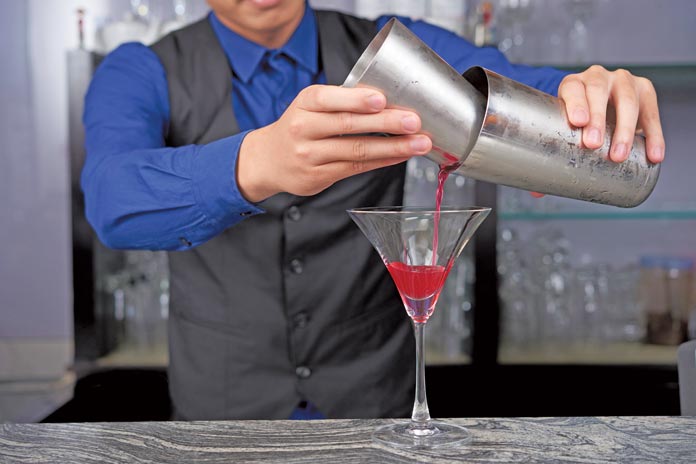
Dram Shop liability cases are difficult to pursue and often take a long time to settle. Dram shop liability suits have a short notice requirement of approximately sixty days; however, this varies by the country. Because there is a time limit for filing a dram shop liability case, the victim or their family members must make a formal written notification to the alcohol-serving establishment for a dram shop claim within the time frame specified. In addition, the personal injury lawyer should be contacted as soon as possible to document the claim.The amount of compensation that can be awarded to the plaintiff in a dram shop case is limited in some countries. Most dram shop cases have two parties: the person who is injured (Plaintiff) and the person accused of causing the injury (Defendant).
In order to establish culpability in a dram shop liability case, the injured party must prove the following:
- The person who caused the injury, death or damage was intoxicated at the time of the incident.
- Intoxication was the proximate cause of injury, death or damage.
- Alcohol was served to visibly or obviously intoxicated customer or to a minor.
- The amount of alcohol served to the individual was the cause of his intoxication.
- Alcohol was served after establishment’s closing time.
- Bar did not offer cab service and customer left the bar intoxicated.
If it is proven that the person who caused the injury, death, or damage was intoxicated and that the alcohol service was to blame, the bartender and the establishment will be held liable. Bartenders can be arrested and charged for serving alcohol to visibly or obviously intoxicated customer. Victims may also sue the establishment since establishments are liable in some way for the negligent acts of their employees. Dram shop liability lawsuits can result in compensation and imprisonment for bartenders, as well as penalties and license suspensions for bar owners. Customers who cause harm or death may lose their driver’s license, face imprisonment and be legally obligated to compensate the victim.
To demonstrate that they were not negligent in their service behavior, alcohol-serving establishments must prove the following.
- The intoxicated customer was refused service and non-alcoholic beverages were recommended and served. For example, during an investigation, providing records of the customer’s order.
- The intoxicated customer was offered cab as a “Service”.
- Bartenders were trained in responsible alcohol service and the bartender followed responsible alcohol service guidelines.
- The establishment encourages all of its patrons to drink responsibly.
Should a bar or restaurant be held liable in the event of a drunk-driving accident? Obviously not. Making bartenders liable for the actions of their customers is questionable. It is not always easy for bartenders to determine if someone is intoxicated, especially when dealing with a customer who has a high tolerance to alcohol. The customer may be intoxicated but appear sober. Denying service to a customer who shows no signs of intoxication is not commercially viable.
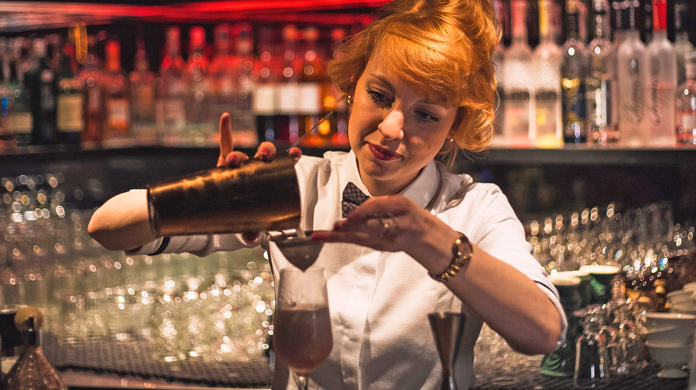
Furthermore, alcohol-serving establishments are places of public accommodation that serve everyone and customers are legally protected from being refused service. In order to determine liability in a dram shop case, an investigation of what happened, under what conditions and who was ultimately liable for the accident must be conducted. Typically, many factors are evaluated before determining liability in a dram shop case, including the individual’s blood alcohol concentration, age, body size and the timeframe of the incident.
Toxicologists play an important role in dram shop liability lawsuits. They assist in calculating the total number of drinks consumed by a person over a specified period of time by taking into account blood alcohol content, individual size and the timeline of the incident. This can help to determine where and how much alcohol was consumed prior to the incident. The documentary and forensic evidence, as well as the conclusions of the alcohol expert, all assist the jury in determining the liability.
To prevent incidents of drunk driving, it is best to avoid them in the first place. It is critical that both alcohol-serving establishments and customers act responsibly and strictly follow the alcohol law. Since bartenders have a social obligation to ensure the safety of their customers and the general public, they must understand the consequences of over-serving alcohol and how it can harm customers and while also threatening the safety of others.
Serving alcohol to intoxicated customers is both unethical and irresponsible and bartenders can save many lives by serving alcohol responsibly. They must verify that customers are of legal drinking age. Alcohol service establishments must train their employees on responsible alcohol service and have policies in place to stop service when necessary. By refusing service, they can protect health and safety of their customers, assure a safe environment for other customers and avoid injury to others. Customers, on the other hand, must recognize that they have a significant role in preventing drunk driving accidents. They must understand that they are accountable not just for their own safety, but also for the safety of others.
Drinking and driving has serious consequences not only for the person who drinks but also for the lives of others. People who binge drink are more likely to be involved in drunk driving accidents. People should either drink or drive, but never mix the two, as this significantly increases the risk of injury or death. It is worth noting that reducing drunk driving accidents requires a collaborative effort from customers, bartenders and bar owners.
 Dhruv Kishore Bole is a hospitality and food safety specialist with qualifications in hotel management, food safety and quality management system. He has extensive experience spanning over twelve years in operational and training roles. His expertise centers on hospitality operation, food and beverage services and food safety. He has attended numerous workshops and conferences on customer service, leadership and food safety and quality and is certified by Food Safety and Standards Authority of India in food safety competencies. He is currently offering services in the capacity of Faculty, Food & Beverage service at State Institute of Hotel Management, Siddhpur, India. He is an empanelled trainer with Hero Mindmine and IL&FS Skills. He is a member of Quality Council of India and an instructor and proctor with ServSafe for India region.
Dhruv Kishore Bole is a hospitality and food safety specialist with qualifications in hotel management, food safety and quality management system. He has extensive experience spanning over twelve years in operational and training roles. His expertise centers on hospitality operation, food and beverage services and food safety. He has attended numerous workshops and conferences on customer service, leadership and food safety and quality and is certified by Food Safety and Standards Authority of India in food safety competencies. He is currently offering services in the capacity of Faculty, Food & Beverage service at State Institute of Hotel Management, Siddhpur, India. He is an empanelled trainer with Hero Mindmine and IL&FS Skills. He is a member of Quality Council of India and an instructor and proctor with ServSafe for India region.


















